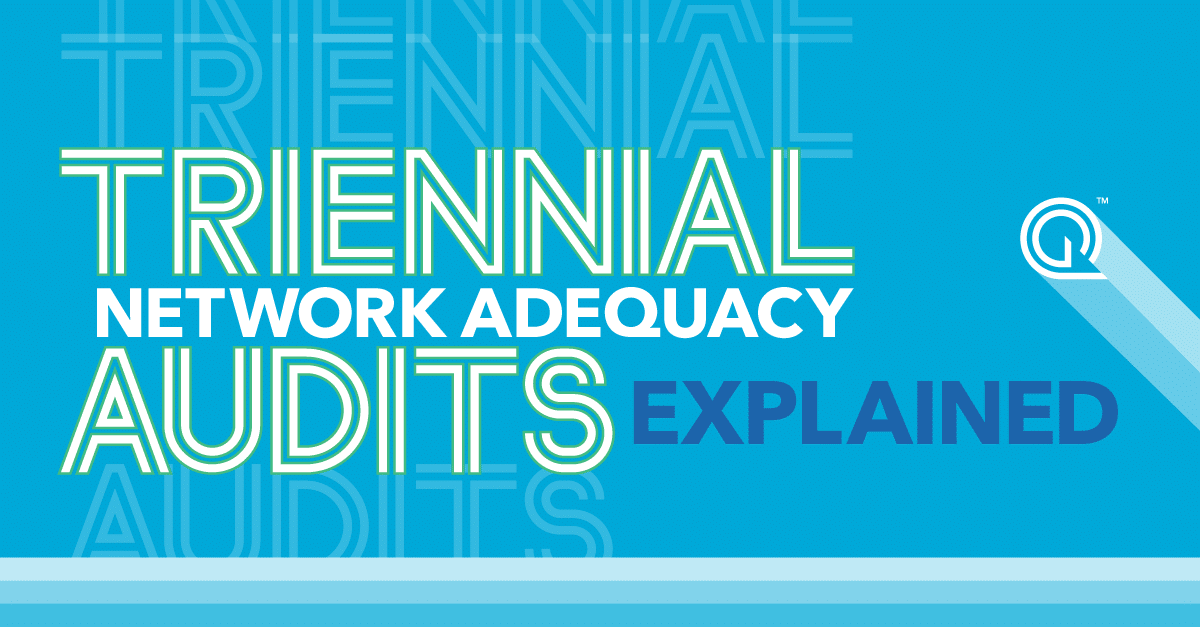Trust and accuracy are paramount in health insurance. Just like Charlie Brown’s cautionary tale with Lucy and the football, healthcare consumers in California have experienced disappointment and frustration when trying to receive timely access to healthcare services. To address this issue, California has implemented stronger regulations and compliance oversight to eliminate ghost networks and improve provider directory accuracy.
The Challenges of Ghost Networks
Ghost networks, or inaccurately listed providers within health plan directories, pose significant challenges for healthcare consumers. These inaccuracies lead to confusion, restricted access to care, and decreased trust in health insurance coverage. Consumers expect accurate provider information and assurance that listed providers are available and accept their insurance, but this expectation is often not met.
Targeting Ghost Networks: California Requirements
California Senate Bill 137, known as CA HSC 1367.27, focuses on eliminating ghost networks by imposing specific requirements on full-service health insurance plans and specialized mental health plans to include necessary and accurate information in their provider directories. Health plans and insurers must regularly review and update their directories to comply with these requirements.
What are the Provider Directory Requirements for California?
Provider directories must include the following provider data elements:
- Provider’s name, practice location(s), and contact information.
- Provider’s office email, if available.
- Type of practitioner (MD, NP, DO, etc.)
- Provider’s National Provider Identifier (NPI)
- California license number and type of license.
- Area of specialty, including board certification, if any.
- Name of each affiliated provider group currently under contract with the plan through which the provider sees enrollees.
- Non-English language, if any, spoken by a health care provider or other medical professional as well as non-English language spoken by a qualified medical interpreter, in accordance with the statute.
- Identification if the provider is accepting new patients for some or all of the plan’s products.
Please refer to the statute for the complete list of requirements.
COMPLIANCE TIP: Maintain a Searchable Directory
It’s essential to make sure that online provider directories are easily searchable by various criteria, including:
- Provider name, practice address, city, ZIP code
- California license number
- National Provider Identifier (NPI) number
- Admitting privileges to an identified hospital
- Product, tier, and provider language or languages
- Provider group, hospital name, facility name, or clinic name, as appropriate.
What are the Provider Verification and Update Requirements in California?
To maintain an accurate provider directory, health plans and insurers need to adhere to the following requirements.
Annual Review and Update: Health plans and insurers must conduct an annual comprehensive review and update of the entire provider directory or directories for each product they offer.
Weekly Updates: Online provider directories must be updated at least weekly, or more frequently when the health plan or insurer is informed of and upon confirmation by the plan of any changes, including:
- The provider no longer accepts new patients
- Termination of the contract with the provider
- The practice location changes
- There is incorrect contact information for the provider listed in the directory
- Patient complaints about the provider no longer accepting new patients, the provider is not available, or there is incorrect information about the provider listed in the directory
Investigation and Update within 30 Business Days: When consumer complaints regarding inaccurate provider information are received, health plans and insurers must investigate the matter within 30 business days. They must either verify the information or update the provider directories.
Quarterly Updates: Online and printed directories must be updated at least quarterly.

What's the most critical triggering event for California Health Insurance Regulators?
When it comes to keeping health insurance regulators on high alert in California, one event dominates them all—consumer complaints about the inability to receive timely healthcare services.
Pro Tip: To keep complaints at bay, make sure your provider verification approach includes rolling 90-day outreach and an API that integrates provider attestations into your systems.
The Department of Managed Health Care's Ruling
A Real-Life Case: Consequences of Inaccurate Provider Directories
While we understand that health plans and insurers have no intention of providing knowingly inaccurate information, the consequences of inaccurate provider directories can be severe. In fact, since implementing CA SB 137 in 2016, six carriers have already faced monetary fines for non-compliance.
The Department of Managed Health Care’s (DMHC) ruling in 2021 is a prime example of how a small discrepancy could have major consequences. In this case, a member of the health plan was searching for an in-network psychiatrist using the online provider directory. After finding a psychiatrist, the member called the member service line to confirm the psychiatrist was in-network.
When the member called the psychiatrist to make an appointment, they got a different story–the psychiatrist was no longer practicing at that location. As a result, the health plan faced monetary fines and a damaged reputation for failing to comply with state regulations.
This scenario is not limited to one health plan. Anyone who relies on outdated or incomplete provider data is vulnerable to similar consequences. By prioritizing provider data accuracy, health plans and insurers can avoid legal repercussions and maintain their members’ trust.
How Quest Analytics Helps You Comply with Regulations
Be compliant with California regulations by partnering with Quest Analytics. Our solution, Quest Enterprise Services (QES), helps health plans and insurers update and verify provider information, measure network adequacy and accuracy, and submit accurate data to the California Department of Managed Health Care and the Department of Insurance. Our solution saves you time and hassle, allowing you to focus on developing top-tier healthcare offerings. Get in touch with us today to learn how you can avoid non-compliance consequences and grow your business.
Proven Solutions for Your Provider Network Management
Looking to simplify your workload? Let Quest Analytics take on the heavy lifting! Our solutions and dedicated team specialize in provider data accuracy and provider network adequacy for various lines of businesses, including Medicare Advantage, Medicaid and Commercial. Schedule a strategy session today and see how we can help you every step of the way.










